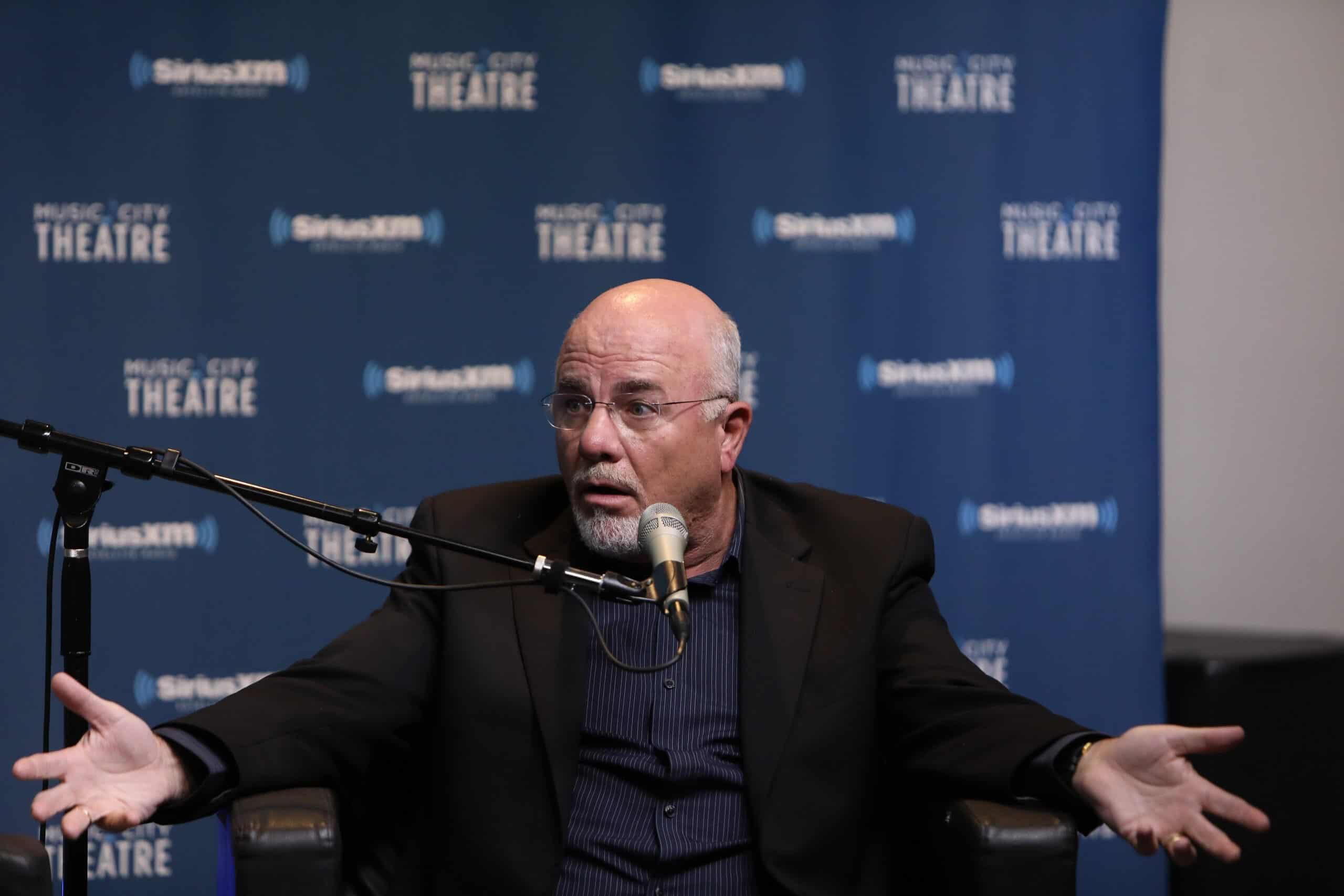Building Bridges: Why Trust is Key to US-Mexico Efforts Against Drug Trafficking Finances

The escalating fight against drug trafficking organizations (DTOs) impacting both the United States and Mexico faces a significant, often overlooked obstacle: a persistent lack of trust. While security cooperation has intensified in recent years, underlying concerns about corruption, impunity, and national sovereignty continue to cast a shadow, hindering the effectiveness of joint efforts to dismantle narco-finance networks.
The Trust Deficit: A Legacy of Concerns
Historically, U.S.-Mexico relations have been marked by periods of collaboration and tension. The “war on drugs” approach of previous administrations, often perceived as intrusive and disrespectful of Mexican sovereignty, fueled resentment and hampered genuine partnership. Concerns about corruption within Mexican institutions, while not unique to Mexico, have further eroded trust. The perception – and sometimes reality – of impunity for powerful figures involved in drug trafficking complicates matters, making it difficult to ensure accountability and deter future criminal activity.
Why Narco-Finance is a Shared Threat
The financial underpinnings of DTOs represent a critical vulnerability. These organizations aren't just about moving drugs; they’re sophisticated businesses adept at laundering money, exploiting vulnerabilities in financial systems, and investing in legitimate businesses to mask their illicit activities. The flow of narco-money impacts both countries. It fuels corruption, undermines economic stability, and contributes to violence and insecurity. Targeting these financial networks is therefore a shared imperative for both the U.S. and Mexico.
Rebuilding Trust: A Path Forward
Addressing the trust deficit requires a multifaceted approach that goes beyond purely security-focused initiatives. Here's how to foster a stronger, more reliable partnership:
- Respect for Sovereignty: The U.S. must demonstrate a genuine respect for Mexican sovereignty, avoiding dictates and prioritizing collaboration based on mutual agreement and shared objectives.
- Transparency and Accountability: Increased transparency in both countries' law enforcement and judicial systems is crucial. This includes sharing information, coordinating investigations, and ensuring accountability for corruption at all levels.
- Capacity Building: Investing in capacity-building programs within Mexican institutions—particularly in financial intelligence units and anti-corruption agencies—can strengthen their ability to combat narco-finance effectively.
- Addressing Root Causes: Recognizing that drug trafficking thrives on poverty, inequality, and lack of opportunity is vital. Supporting sustainable development initiatives in Mexico can address the underlying drivers of crime.
- People-to-People Diplomacy: Fostering greater cultural exchange and understanding between the U.S. and Mexico can help build bridges and dispel stereotypes that contribute to mistrust.
The Benefits of a Stronger Partnership
A U.S.-Mexico partnership built on trust and mutual respect offers significant benefits. It would allow for more effective intelligence sharing, coordinated law enforcement operations, and a more comprehensive approach to disrupting narco-finance networks. Ultimately, a stronger partnership would enhance security for both countries, contributing to a more stable and prosperous region.
The path forward requires commitment, patience, and a willingness to address difficult issues head-on. But the rewards – a safer, more secure future for both the U.S. and Mexico – are well worth the effort. Ignoring the trust deficit is not an option; it’s a strategic vulnerability that must be overcome to effectively combat the shared threat of narco-finance.






